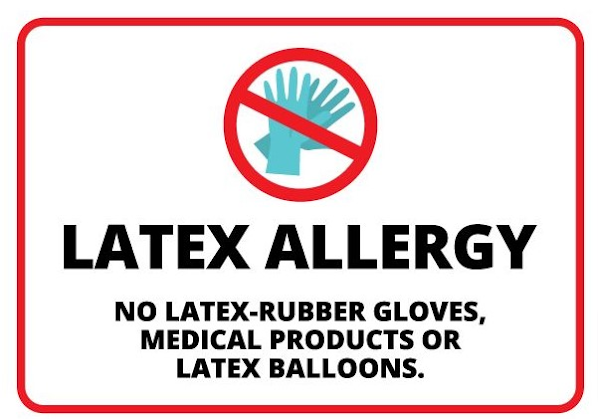What Are the Symptoms of a Medication/Drug Allergy?
The signs and symptoms of medication/drug allergy can include the skin, lungs, gastrointestinal tract (digestive system) and, rarely, other organs.
Skin symptoms contain itching, flushing, hives and other forms of rash.
Gastrointestinal (digestive system) symptoms contain tingling and burning of the mouth and throat, nausea, vomiting, abdominal pain and diarrhea.
Respiratory symptoms contain nasal congestion, runny nose, sneezing, throat swelling, wheezing and/or difficulty breathing.
Life-threatening anaphylactic reactions have the above symptoms and may cause an individual to lose consciousness and stop breathing. Call 911 right away if you suspect an anaphylaxis.
Occasionally, allergic-like reactions to drugs may take many days to develop and may contain other symptoms such as fever, joint aches and rashes.
Symptoms after medication/drug ingestion can even result from conditions other than a drug allergy. Sometimes the symptoms are caused by the deceases for which the drug was taken. Occasionally, symptoms are caused by drug interactions when a person is taking multiple medications at the similar time.
How Can I detain Medication/Drug Reactions?
Once a diagnosis is created , avoidance of the implicated medication is discussed, and the treatment of accidental exposures is thoroughly reviewed.
Here are a some tips to aid prevent an allergic reaction to drugs:
Memorize trade and generic names of the medications that cause a reaction, and check labeling on products you purchase .
Confirm you tell all caregivers about your allergy.
Wear a medical alert bracelet or necklace describing your allergy, just in case you ever require emergency care.
If your doctor prescribes an epinephrine shot in case of an anaphylactic reaction, remember to carry it along you.















.png)
.png)
.png)
.png)
.png)
.png)
.png)
.png)
.png)
.png)
.png)
.png)
.png)
.png)
